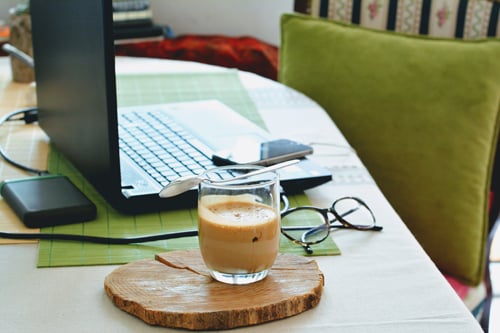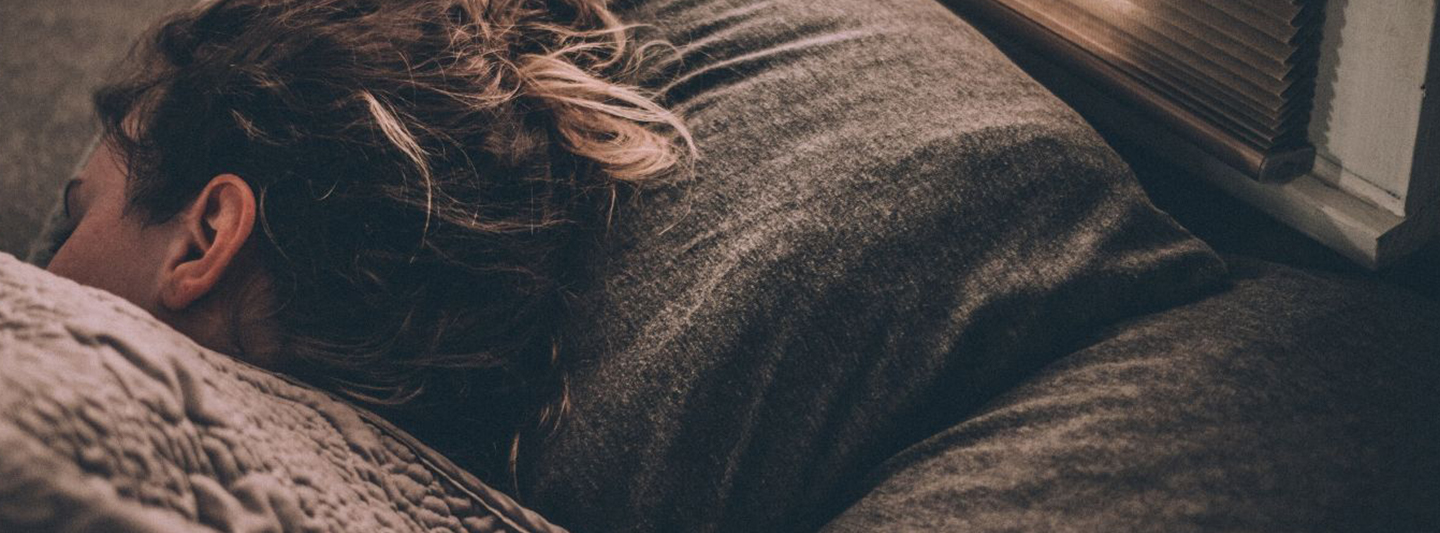As we brave through the aftermath of a global pandemic, we might experience changes that we have difficulties assimilating into. Managing our sleep patterns might be one such our bodies might have trouble coping with.
Getting the required amount of sleep daily helps to keep us active throughout the day and also improves our mental health. Even more so, with the increase in travel restrictions and staying home, this is a good time to catch up on the sleep lost as a result of our previously hectic lifestyles.
What is Sleep Hygiene?
While the word "hygiene" conjures up a set of conditions or practices conducive to maintaining health and preventing disease, especially through cleanliness, sleep hygiene is different. It refers to the habits that you can put in place each evening to optimize sleep. Don't worry—it doesn't take much effort. Just a few simple changes can make the difference between a good night’s sleep and a night spent tossing and turning.
In this article, Psychologist & Life Coach Beata Justkowiak walks us through the whys and hows of sleep hygiene.
Sleep Guidelines During the COVID-19 Pandemic
The Sleep Council UK surveyed more than 2,700 people to find out the current state of their nation’s sleep during COVID-19. In their findings, almost half of the participants (43%) were having difficulties falling asleep due to the current state of unrest that has triggered paranoia within families and communities. More than one in 10 people (12%) are experiencing severe symptoms of depression. Alarmingly over three quarters (77%) reported that due to the lack of sleep, they were unable to function to their fullest potentials, as their concentration and mood were being affected by day time fatigue.
But what are some challenges to falling asleep during this time?
Disruption of Daily Life
Difficulty in adjusting to new daily schedules and keeping track of the time and day without typical time ‘anchors’ such as arriving at the office or going to the gym may affect your ability to sleep at night. Being stuck at home with low levels of natural light may also reduce light-based cues for wakefulness and sleep which is crucial to our circadian rhythm.
Anxiety & Worry
Sleep deprivation is co-related to anxiety and depression and vice versa. Feelings of worry and tension before bedtime can contribute to the inability to fall asleep, resulting in increased levels of anxiety.
Excess Screen Time
Screen time affects your brain’s circadian rhythm. The blue light on your phone lowers your sleep hormone called melatonin, which instructs your brain to be wakeful at night.

Why is sleep important during a pandemic?
Sleep is a critical biological process. Furthermore, studies have shown that to have an optimum output, it’s always important to have the right amount of sleep. When confronting the COVID-19 pandemic, managing sleep hygiene becomes even more essential because of its wide-ranging benefits for physical and mental health, such as:
-
Empowering an effective immune system - solid nightly rest strengthens our body’s defences, and studies have even found that lack of sleep can make some vaccines less effective.
-
Heightening brain function - our mind works better when we get a good night’s sleep, contributing to complex thinking, learning, memory, and decision-making. For adults and children adapting to work and school at home, good sleep can help them stay sharp.
-
Enhancing mood - lack of sleep can make a person irritable, drag down their energy level, and cause or worsen feelings of depression.
-
Improving mental health - besides depression, studies have found that a lack of sleep is linked with mental health conditions like anxiety disorder, bipolar disorder, and Post-Traumatic Stress Disorder (PTSD).
How can we develop good sleep hygiene?
Researchers have identified a variety of practices and habits that can help anyone maximize the hours they spend sleeping, even those whose sleep is affected by insomnia, jet lag, or shift work. Beata briefly explains these mitigation techniques that she uses in her work with clients.
Try 2-Minute Meditation
Meditation could be used as a relaxation technique, and it can quiet the mind and body while enhancing the inner zen. When done before bedtime, meditation may help reduce insomnia and sleep troubles by promoting overall calmness.
Muscle Relaxation
Progressive muscle relaxation, also called Jacobson's or deep muscle relaxation, is a technique that involves tensing groups of muscles all over the body one by one and then consciously relaxing them again. Beata posts plenty of useful resources on her YouTube channel, including a video on muscle relaxation (coming soon). You can learn muscle relaxation by watching her video or by using an audio training course.
Do the Breathwork
Breathing exercises calm the central nervous system and act as a meditation to quiet the mind. Breathing exercises calm your nervous system, preparing the body for a deeper sleep.
Not tired? Try Playing Brain Games
Beata recommends brain games such as Lumosity- an online program consisting of games claiming to improve memory, attention, flexibility, speed of processing, and problem-solving.
Sleep is a necessity, not a luxury. It allows our body and brain to rest and keeps us functioning during the day. The measure of sleep affects performance levels and the general output of an individual as it potentially reduces anxiety and increases energy, which are important benefits during this stressful and uncertain time.
If you would like to discover more about how sleep hygiene can be useful for you especially given the changing dynamics of the current world, do get acquainted with Psychologist & Life Coach, Beata Justkowiak.
Contributor:

Beata Justkowiak is an ex-athlete, Psychologist and Life Coach, addicted to colourful smoothies and dark chocolate. She takes life with ups and downs and transforms how her clients think, work, exercise, and live. Combining psychology with coaching, she helps others to find their own way of managing life’s challenges.
If you feel stressed and overwhelmed, if you want to get more balance and start managing your emotions and challenges faced, Beata is the person for you to work with.
Her mission is to give you a new strategy, to overturn what isn’t working, to experience a better, more authentic, more fulfilling life, and to experience freedom.



